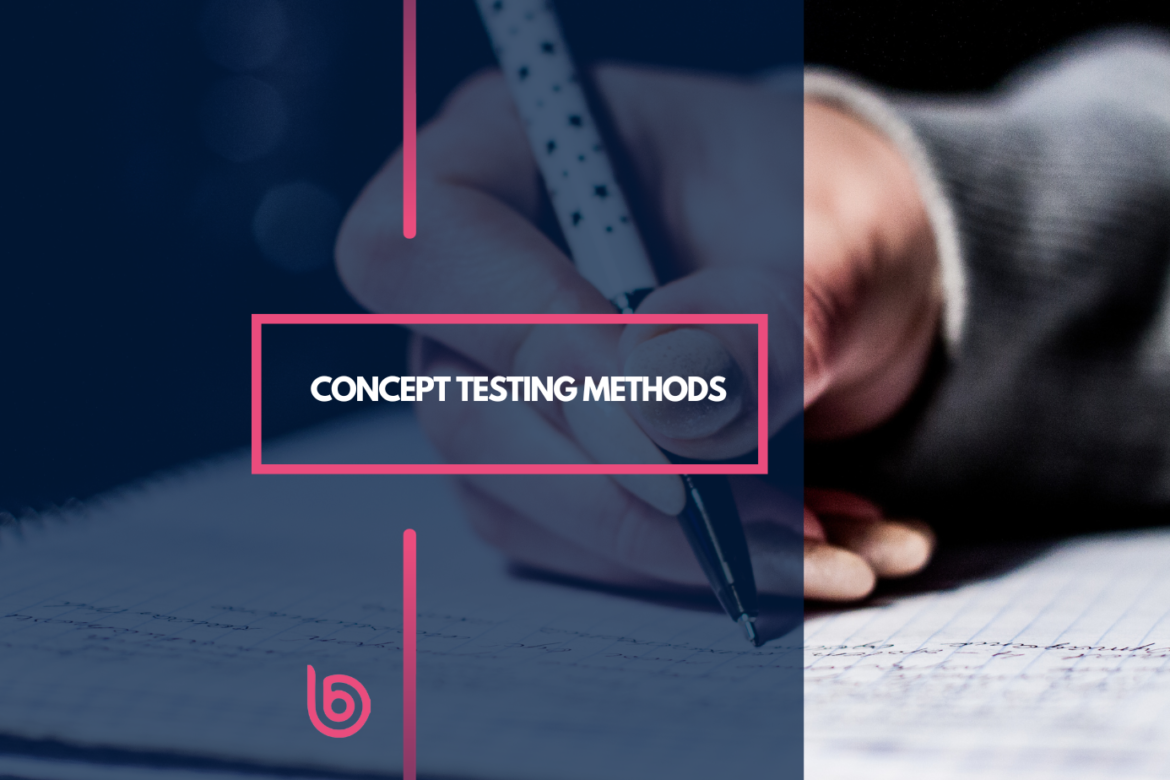
Any brand can face the misfortune of flopping an idea by launching it at the wrong place and time. A solution to this problem is to use concept testing which lowers the chance of blowing it. Moreover, it involves presenting the early versions of your product ideas and campaigns to potential customers. You can further ask them to provide feedback before launching them publicly.
4 Different Concept Testing Methods
- Monadic Testing
It involves evaluating the single product, service idea to a group of respondents to know what they think about it. It lets you focus and pinpoint specific issues and improvements as each individual has to review only a single concept. Moreover, you can collect the data through surveys, questionnaires, interviews, or other data collection methods.
- Comparison Testing
It is meant to compare multiple concepts and ideas side by side to determine which one is the best among them. This is quite useful at those times when you have different ideas but want to know which resonates with your audience the most. Not only that, it helps you to decide how can you use limited resources for the ideas that are most likely to succeed.
- Sequential Monadic Testing
This concept involves going through a set of sequences to examine multiple concepts and ideas at a time. It allows researchers to gather feedback and insights on each concept separately before moving on to the next. After collecting the data for each concept, you can compare the results regarding the individual’s attitudes, and impressions for each side.
- Proto-Monadic Testing
It is a combination of both the monadic and comparative concept testing methods. It works on presenting a single primary concept to the respondents along with one or two secondary concepts. Note that these secondary concepts can be alternatives to the primary concept or variations of it. It determines how primary concepts perform in comparison to secondary concepts.
Conclusion
In summary, concept testing methods are essential to save you from investing in resources that cannot be useful in the future. Remember that it is distinct from market research as it focuses on one particular business initiative such as a product launch. Hence, it proves to be effective to know whether the ad campaign ideas align with your target audience or not.